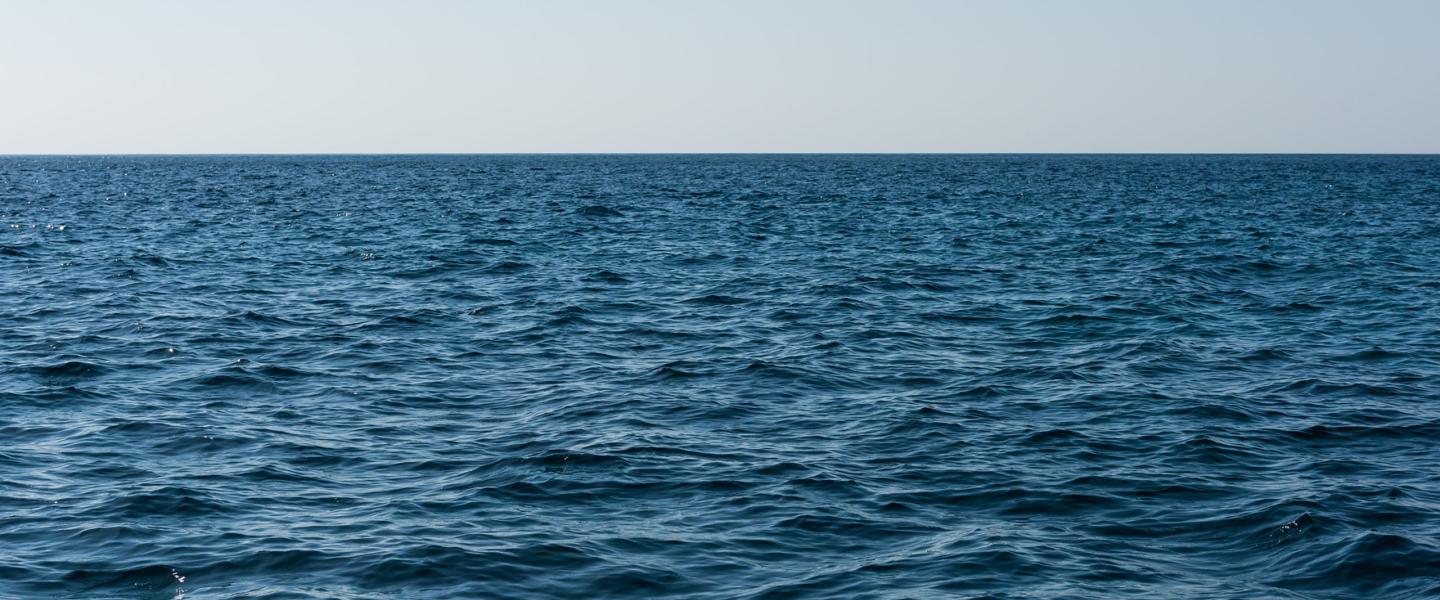
Press Release
For Immediate release
10 August 2015
Australian Senate Committee Uncovering Human Rights Abuses occurring in the Detention of Asylum Seekers Arriving by Sea on Nauru
Human Rights at Sea is closely monitoring the submissions and process of the Australian Senate Select Committee on the Recent Allegations relating to Conditions and Circumstances at the Regional Processing Centre in Nauru.
The Senate Committee was formed on 26 March 2015. Three Hearings have been held and 95 submissions received from asylum seekers, individual and high profile organisation such as UNHCR and Amnesty International. Evidence currently before the committee includes allegations of:
- The rape of a woman as she went to use the toilet at night.
- Guards offering detainees more water for showering in exchange for sexual favours.
- Sexual assault of children.
- Housing of asylum seeker in mouldy tents causing skin and eye infections.
- Presence of mice and cockroaches in tents.
- A lack of clothing and food.
- Frequent power failures at the detention camp.[1]
When questioned in relation to their knowledge of these allegations and what has been done to address issues raised the contractors running the Detention Centre, Transfield Services, have been reported as being unable to respond accordingly.[2]
These submissions raise questions about Australia’s commitment to its international obligations to:
- Assess the appropriateness of the transfer of asylum seekers[3].
- Ensure access to fair and efficient procedures for the determination of refugee status[4].
- Treat asylum seekers in accordance with applicable international refugee and human rights law standards, for example, appropriate reception arrangements; access to health, education and basic services.
- Safeguard against arbitrary detention.
- Provide a durable solution in a reasonable time to individual identified as refuges.[5]
The Senate Committee was due to report on 31 July 2015. It did not meet this deadline. The Committee was reconvened on 10 August 2015. It is set to report on 31 August 2015.
Human Rights at Sea CEO, David Hammond, said: “Human Rights at Sea continues to closely watch the issue of the offshore detention of asylum seekers by the Australian Government.
We hope that the Senate Committee will clearly highlight all violations of international law and that it will make the appropriate recommendations to comprehensively advise the Australian Government as to lawfully upholding the human rights of asylum seekers arriving by sea.
Human Rights at Sea looks forward to the forthcoming publication of the Senate Committees report and will continue to closely monitor the actions of Operation Sovereign Borders and the Australian Government in respect of this specific issue.”
For further background see Human Rights at Sea Case Studies: The Push Back Situation: Operation Sovereign Borders and The Detention of Refugee Children.
Footnotes:
[1] Dan Conifer ‘Nauru detention centre: Senate inquiry submissions reveal rape, misconduct, filthy conditions at facility’ ABC News (19 May 2015) <http://www.abc.net.au/news/2015-05-19/inquiry-submissions-reveal-conditions-at-nauru-detention-centre/6479422> accessed at 10 August 2015.
[2] Emma Griffiths ‘Nauru detention centre: Senior managers unable to answer key questions in Senate abuse inquiry’ ABC News (20 May 2015) http://www.abc.net.au/news/2015-05-19/nauru-managers-unable-to-answer-key-questions-in-inquiry/6480090 accessed at 10 August 2015.
[3] UN High Commissioner for Refugees, Global Consultations on International Protection/Third Track: Asylum Processes (Fair and Efficient Asylum Procedures), 31 May 2001, EC/GC/01/12.
[4] ExCom Conclusion No. 8 (XXVIII) (Determination of Refugee Status) (1977); UN High Commissioner for Refugees, Global Consultations on International Protection/Third Track: Asylum Processes (Fair and Efficient Asylum Procedures), 31 May 2001, EC/GC/01/12.
[5] See ExCom Conclusion No. 85 (XLIX) (Conclusion on International Protection) (1998), para. (aa); ExCom Conclusion No. 58 (XL) (Problem of Refugees and Asylum-Seekers who move in an irregular manner from a country in which they had already found protection) (1989), para. (f); UNHCR, Summary Conclusions on the Concept of “Effective Protection” in the Context of Secondary Movements of Refugees and Asylum-Seekers (Lisbon Expert Roundtable, 9-10 December 2002), February 2003.
